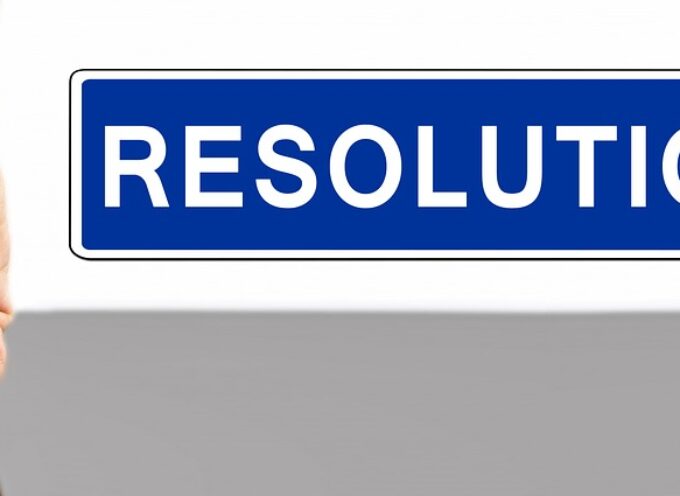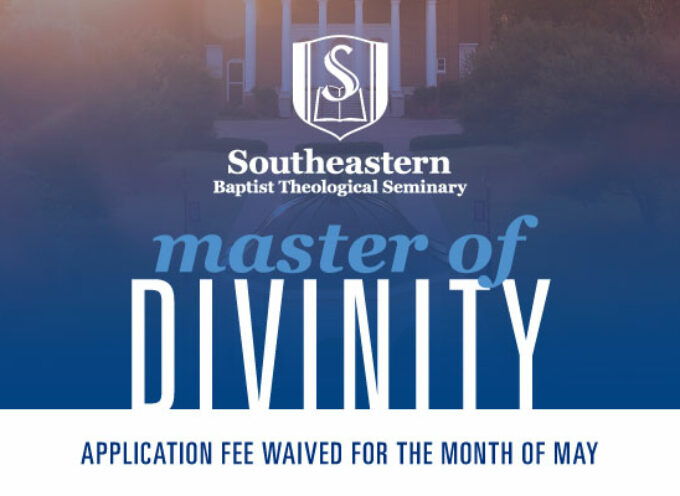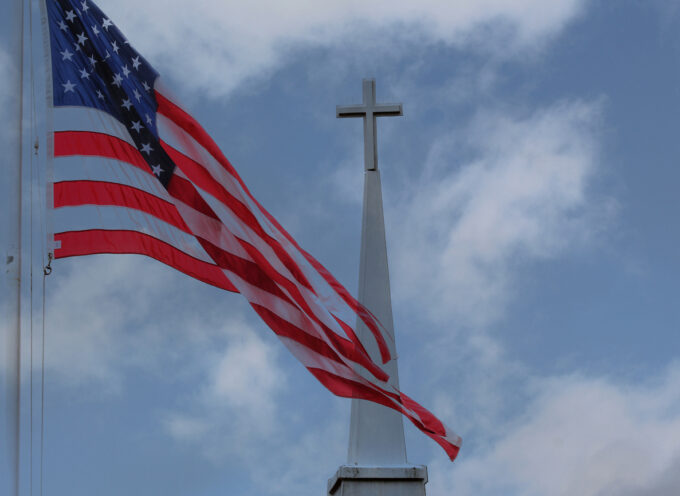Any person with a pulse and even a modicum of cultural awareness knows there is a movement afoot to stifle free speech on college campuses. Controversies related to free speech have rocked the campuses of many universities, including Yale, Scripps, Oberlin, and Wesleyan. A number of colleges are authorizing “safe spaces,” “speech codes,” and “trigger warnings” as a way of helping their students avoid being exposed in the raw to views that offend them.
These same universities encourage their faculty members to be cautious about articulating views that might offend students. To articulate an offensive view without sufficient warning, they argue, is to commit a “microagression.” Fairness, they say, demands that the faculty member give a “trigger warning” ahead of time so that potentially-offended students can prepare for the “microagression.” Students, in return, are pressuring universities to withdraw speaking invitations that have been extended to speakers who espouse controversial points of view.
The University of Chicago Makes a Case for Free Speech
In response to trends curtailing free speech, the University of Chicago sent out a letter this summer to incoming members of the class of 2020, affirming its commitment to freedom of inquiry and expression. “Our commitment to academic freedom,” Dean of Students John Ellison wrote, “means that we do not support so-called trigger warnings, we do not cancel invited speakers because their topics might prove controversial, and we do not condone the creation of intellectual ‘safe spaces’ where individuals can retreat from ideas and perspectives at odds with their own.”
Ellison went on to affirm that “fostering the free exchange of ideas reinforces a related University priority—building a campus that welcomes people of all backgrounds. Diversity of opinion and background is a fundamental strength of our community. The members of our community must have the freedom to espouse and explore a wide range of ideas.”
We Have Strong Reasons to Promote Free Speech
Americans should commend the University of Chicago We should support free inquiry and expression on college campuses, just as we have in the past and just as we support them in politics and public life. More to the point, evangelicals should be vocal in our support of these freedoms, and for at least three reasons.
First, we prefer to live in a free—rather than authoritarian—society. As evangelicals, understand that the most important ideas in life should be expressed publicly, and assent to those ideas should be given freely rather than coerced. For us, the “gospel” (the good news that Jesus is Lord and Savior) is the biggest idea of all. It should be expressed publicly for consideration by others so that they may freely believe or reject it. But it is not only we who should have the liberty to offer our views; other people should be free to express their ideas, even if those ideas are diametrically opposed to ours.
Second, if we agree that our society should allow the free exchange of ideas, we should want our public universities to allow the same. Michael Bloomberg and Charles Koch are correct when they write, “We believe that this new dynamic…threatens not only the future of higher education, but also the very fabric of a free and democratic society. The purpose of a college education isn’t to reaffirm students’ beliefs, it is to challenge, expand and refine them….This helps young people discover their talents and prepare them for citizenship in a diverse, pluralistic democratic society. American society is not always a comfortable place to be; the college campus shouldn’t be, either.” Well put.
Third, we should not want people to hide who they really are. When free speech is prohibited or restricted, people tend to live behind a veil. They are afraid to ask honest questions or give honest answers. They become inaccessible in exactly those aspects of their being that are most important, most beautiful, most meaningful. As evangelicals, that is the last thing we want to happen. The less we know about who people are, the less we are able to love them, the less we are able to foster a helpful and enduring interface with the gospel.
We Must Convince Skeptical Millennials of the Value of Free Speech
As Edwin Chemerinsky and Howard Gillman expose in their recent research about college students and free speech, Millennials tend to support the censoring of offensive statements. They are the first generation to be thoroughly instructed about the badness of bullying, and they equate offensive speech as a form of bullying, especially when the speech is directed toward minorities.
Like Millennials, we have a distaste for hateful speech especially when it is directed toward those who are vulnerable. For that reason, we must join Millennials in concern about the psychological impact that hateful speech has on its victims. We must create teaching and learning environments that foster civility, respect, and brotherly love. And yet, we must not curtail offensive speech by shuttering civil liberties. To do so would invite even worse social ills, such as a society that is increasingly authoritarian, a university that doesn’t challenge its students, and a people who hide who they really are.
For these reasons and others, we should place a priority on making a new case for free speech. In so doing, we will be bolstering America’s foundations as a free society, burnishing the university’s credentials as a place that strengthens young people for the challenges of public life, and encouraging college students to ask honest questions and give honest answers rather than hiding behind a veil.
Subscribe
Never miss a post! Have all new posts delivered straight to your inbox.







